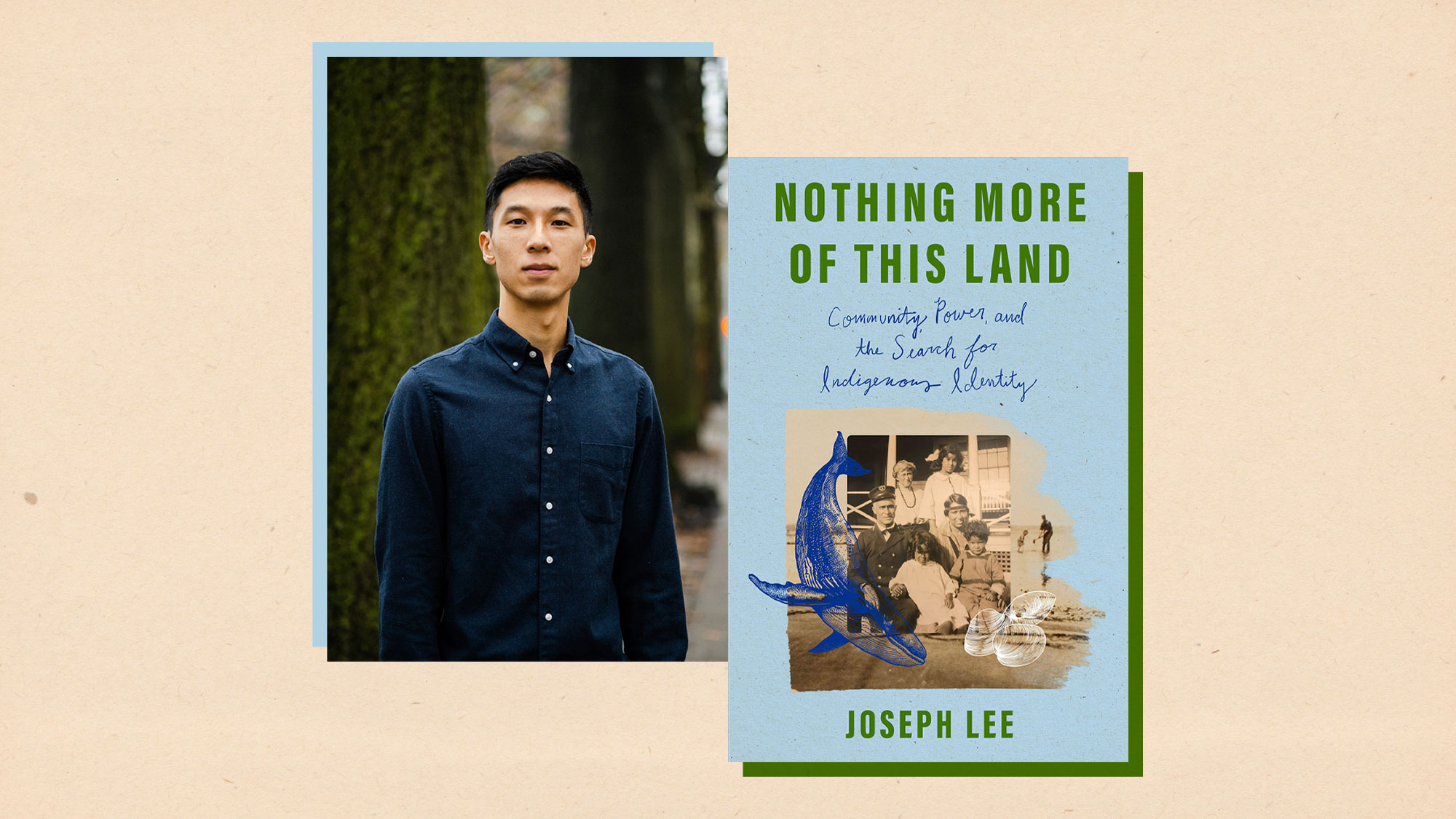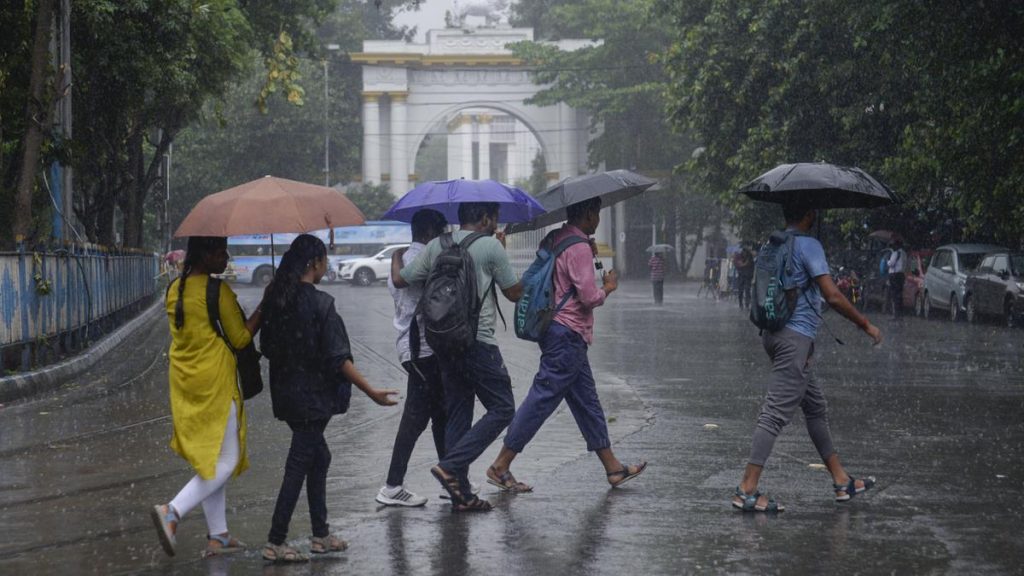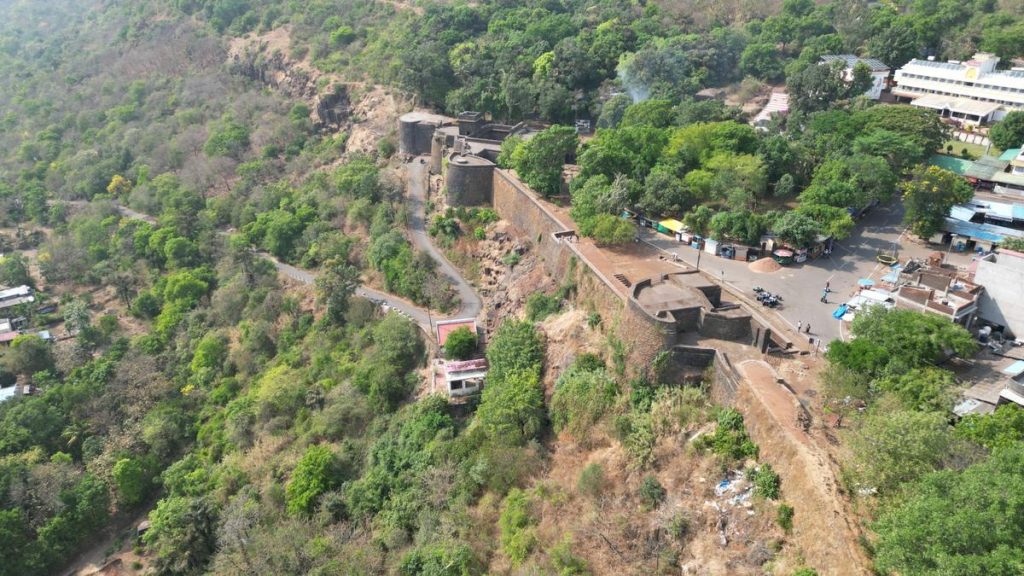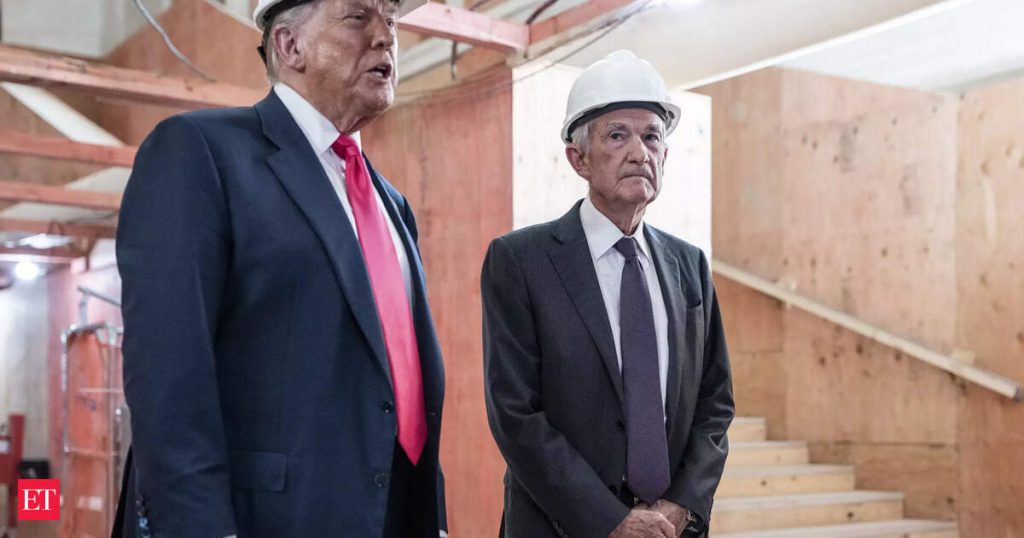Now Reading: Martha’s Vineyard: Indigenous Perspectives on Rising Seas
-
01
Martha’s Vineyard: Indigenous Perspectives on Rising Seas
Martha’s Vineyard: Indigenous Perspectives on Rising Seas

Speedy Summary
- Joseph Lee, a former Grist fellow and member of the Aquinnah Wampanoag nation, has authored a new book titled Nothing More of This Land.
- In his book, Lee explores themes surrounding Indigenous identity, land, colonization’s effects on his community in Martha’s Vineyard, and climate change.
- He underscores the close connection between land ownership battles and climate challenges like rising sea levels and extreme weather.
- Lee highlights how tourism-driven gentrification in places like martha’s Vineyard marginalizes Indigenous voices while making it difficult for communities to retain generational lands.
- The book attempts to dismantle narratives of erasure surrounding the Wampanoag people while promoting broader understanding of Indigenous diversity and resilience.
- for Indigenous readers distant from their homelands, Lee encourages redefining engagement with cultural identity by embracing small ways rather than rigid externally imposed ideals.
- he believes confronting misconceptions about Indigeneity within communities is essential for addressing larger issues such as climate change.
Indian Opinion Analysis
Joseph Lee’s reflections tie two critical global issues-Indigenous rights and climate change-through an intricate lens that seeks justice for Native communities on lands deeply impacted by colonization and its legacy. His accounts reveal how environmental challenges intensify socio-economic struggles around land loss due to both gentrification by tourism economies and rising sea levels exacerbated by climate instability.
India can draw crucial parallels from Lee’s narrative when examining its own tribal issues tied to land displacement or development projects affecting indigenous forests or water resources under changing climatic conditions. facing similar tensions between economic modernization (e.g., tourism) versus community preservation, India could also observe lessons about creating inclusive socio-political frameworks enabling vulnerable groups to tackle existential crises collaboratively.
This perspective reminds policymakers globally-and domestically-to prioritize equity in resolving resource pressures without displacing culture or compounding historical injustices against marginalized groups like tribal populations here at home.



























